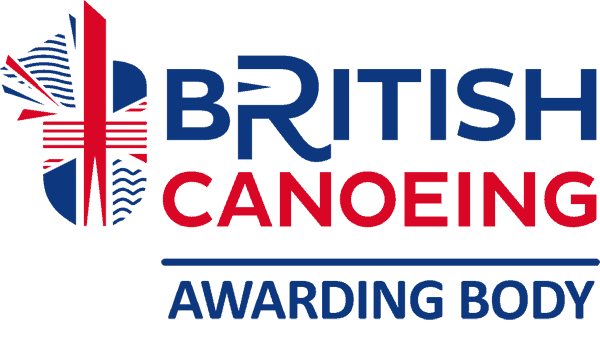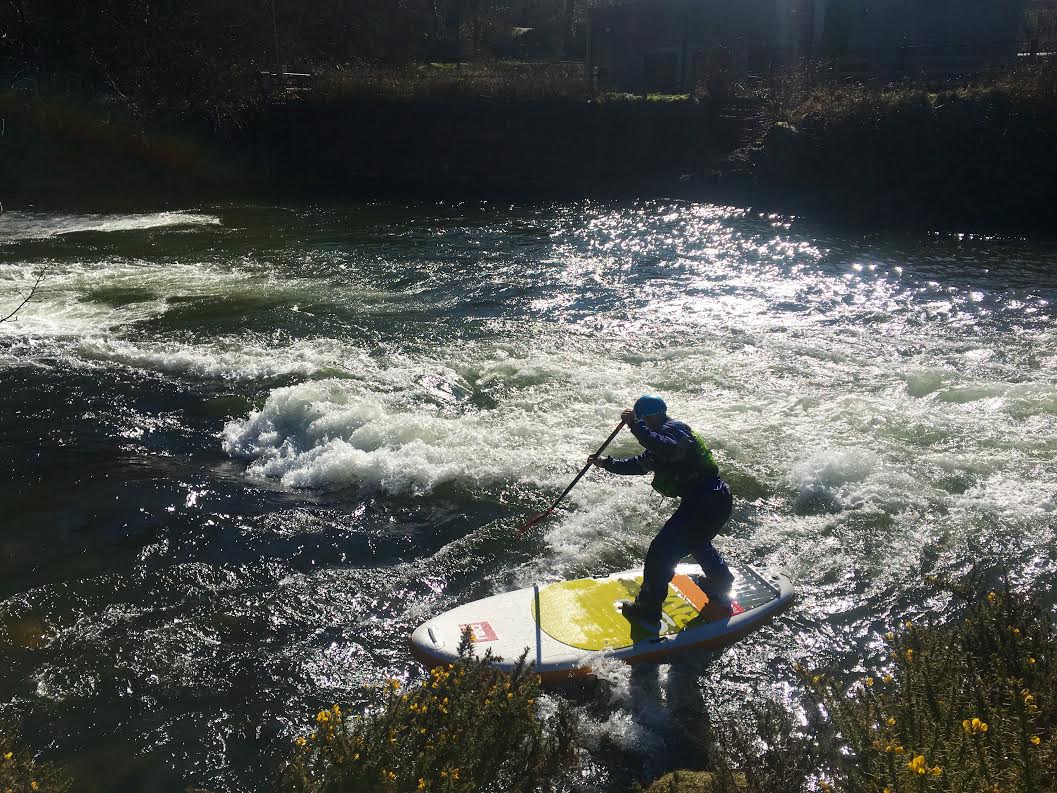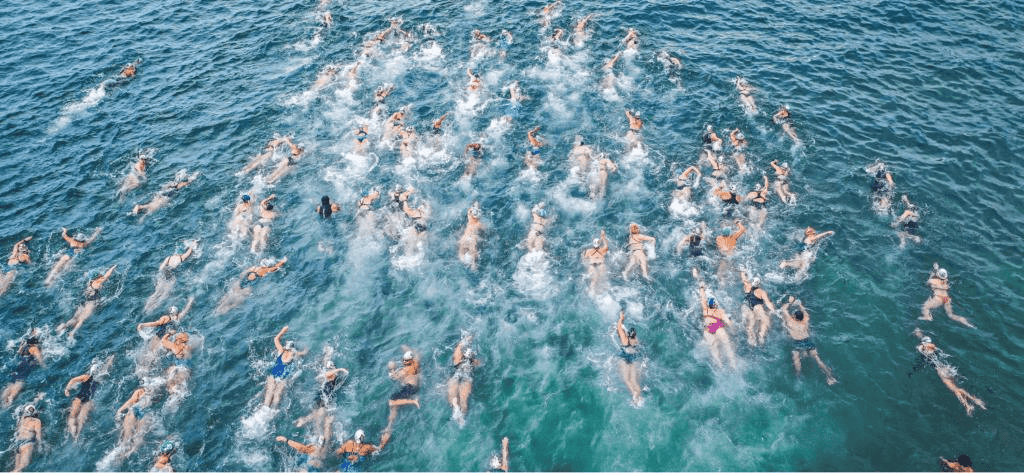
Invasive Non Native Species Week takes place between 24 – 31 May 2021 and is a joint initiative, led by the GB Non-native Species Secretariat (NNSS) and Defra (Department for Environment, Food and Rural Affairs). During the week, a wide range of organisations come together, aiming to raise awareness of invasive non-native species (INNS) and how they can impact us all.
For the last few hundred years since the first explorers sailed the seven seas, people have brought unusual plants and animals into this country. Many were brought in to enhance someone’s land or out of idle curiosity. Today we live with the consequences of their actions. The grey squirrel was introduced and now our native red squirrel has all but disappeared. Japanese Knotweed brought in to add a different dimension to the gardens of the wealthy has become a notifiable species yet still it infests large parts of the country and it almost impossible to destroy. These are just two examples of alien species that have been brought in to our country and have upset the ecosystem.
So What!
You may well think – What has it got to do with me? Well not only does a number of these alien species detrimentally impact our native species but has a massive impact on our waterways where you may well be teaching your learners. Several plant species have caused a major headache to navigation authorities who have to spend £25 million per year in clearing these plants that are able to totally block river, lake and canal systems and prevent the commercial and recreational use of these waters.
Still today, people bring in to the country alien species of plants and animals without due consideration what their impact can be. Even within our country we can unwittingly transfer species from one area to another. The very nature of canoeing is that the craft if highly transportable and can go from one water course to another and one country to another.
What can I do as a paddler and Instructor, Coach, Leader or Guide to help?
As Instructors, Coaches, Leaders and Guides, you have a vital part to play in the promotion for the need to prevent the spread of alien species by all paddlers, regardless of where they are paddling.

How do we stop the spread?
Regardless of the type of paddling you do, whether competitive or recreational, inland or coastal, the chances are is that you take your craft on to different watercourses where there is a chance you may come in contact with these harmful species.
Introduction to Environmental Awareness eLearning

This free activity gives a wealth of information about problems affecting the environment and what you can do as a paddler to help. The activity consists of 3 key sections, potential threats, invasive species and plastic patrol, with games to help embed the information and challenge you.
Click here to complete the Introduction to Environmental Awareness eLearning.
Fundamentally we ALL need to do this as we have a major part to play in protecting the waterways we enjoy and are needed for our sport.
For more information visit:
Non Native Species Secretariat that details these measures and identification guidance for over 50 non-native animal and plant species.
Report suspected sightings of invasive species to the Environment Agency or call 0800 807060.
The Waterways and Environment Team are pleased to say they are delivering, in partnership with The Rivers Trust and Wildlife Trusts, an informative and interesting environmental awareness programme which includes its delivery through the Guide Scheme module and eLearning module.
If you want to know more about any environmental concerns, please contact the Waterways and Environment Team Policy Officer, Richard Atkinson on 07808 640108 or email [email protected]



